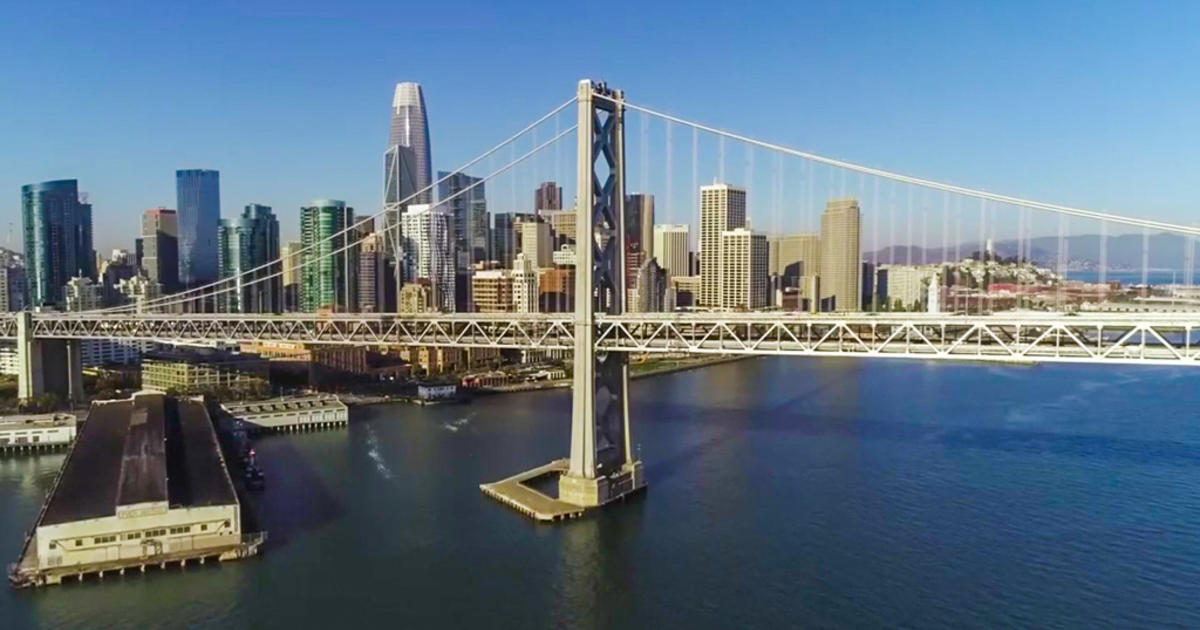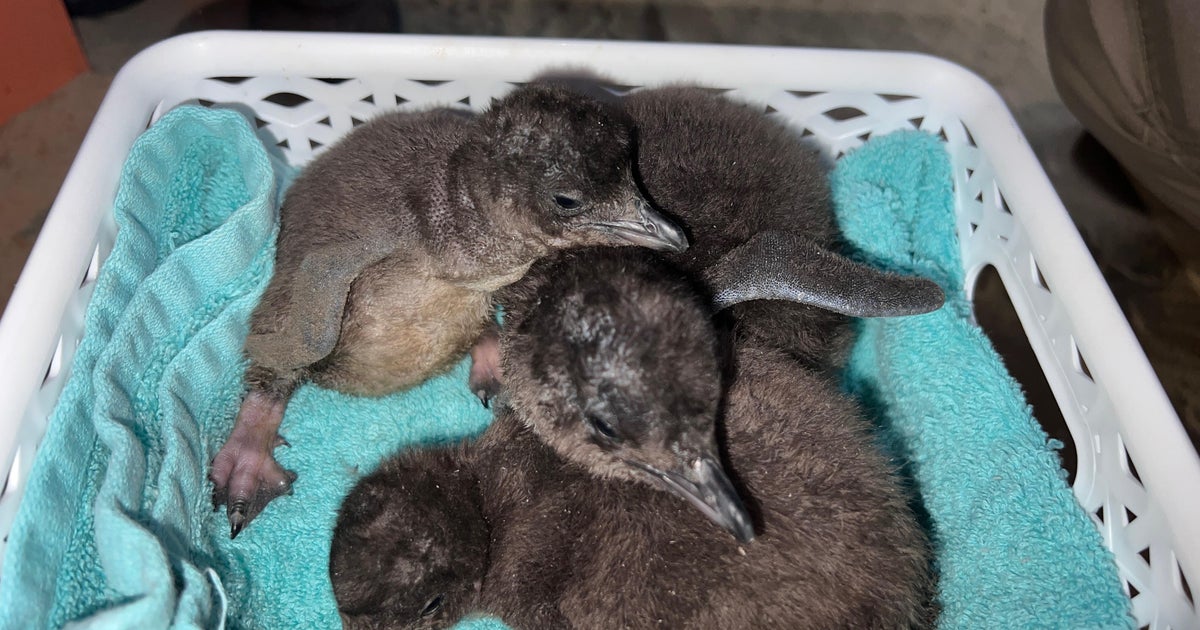Expedition scales 6 peaks on Antarctica that few have climbed
Hidden deep within Antarctica's icy terrain lie half a dozen mountains that few climbers have summited. One group decided to scale all six peaks, something no one had ever done before. They completed the expedition in less than 10 days.
Conrad Anker, Cedar Wright and Alex Honnold, three of the six North Face climbers who recently returned from Antarctica, joined "CBS This Morning" on Monday.
Why this particular range of mountains?
"I visited this range 21 years ago with my late friend Alex Lowe," said Anker. "It was an inspiration."
That adventure was documented in a February 1998 issue of National Geographic, and it drew the attention of a young aspiring climber named Cedar Wright. "I remember seeing that amazing magazine article and thinking, 'Wow, it's like they're like astronauts, they went to space or something.' It's just such an otherworldly and outrageous environment. And I thought someday it would be amazing to go there and climb in that crazy place," Wright said.
- Expedition Antarctica (National Geographic)
Co-host Gayle King said to Anker, "You said there's a difference between exploration and adventure. What do you mean?"
"Exploration is this quest for knowledge," Anker replied. "Humans have been driven by it, and that's why we're the dominant species on this planet. It's been, 'What's on the other side of the river? The other side of the oceans?'"
He said the spirit of exploration is still alive, even in an era when you can see most any part of the world on your smartphone using Google Earth. "And we need to keep that [spirit] going in the sense that we will make our planet a better place though exploration, addressing things like climate, energy, food, how we treat other humans."
Adventure, he explained, "is taking yourself out of your comfort zone. So, go out there do something a little more risky, a little more challenging and see what that brings to you."
"You believe we should all do that?" King asked.
"All the time."
Why?
"Because it makes us feel human. It's elemental," he said.
The destination of the North Face expedition was the Wolf's Jaw massif, in Queen Maud Land, Antarctica.
The highest of its peaks is Ulvetanna, at 9,616 feet one of the most treacherous on the continent.
Alex Honnold, who last summer became the first person ever to solo climb Yosemite's famed El Capitan without ropes, was also a member of the North Face expedition.
"This was a wildly different experience," he said. "Free-styling El Capitan was something that I prepared for for 10 years. This expedition was more a true adventure with friends."
In addition to climbing with a partner and using safety equipment, Honnold said, the Antarctica climb also differed because it was "more wild, more unknown. Climbing El Cap, I rehearsed quite a bit, and it was all known, but it was quite a bit more difficult."
Cedar Wright expanded on some of those difficulties. "It never goes above freezing in Antarctica, and dealing with the cold is one of the major struggles of climbing down there. One of the big questions we had was, how are we going to be able to climb rock, which really requires bare hands to climb in such an extreme environment? And what we found was that using our speed-climbing tactics that we learned in the Yosemite Valley, that we were able to climb continuously and therefore actually climb with bare hands in sub-freezing temperatures."
He even claimed, "At times it was really comfy!"
Honnold said of the climbing conditions, "In a lot of ways, 10 degrees [in New York City] is colder than in Antarctica, because in Antarctica at least there's 24 hours of sunlight most of the time, and so if the rock is in the sun the rock can bake a little bit, starts to radiate a little bit of warmth. Walking around New York, I get pretty cold, too!"
Wright added, "[The] second that the rock goes into the shade, it's like a whole different world. It gets serious really fast."
Honnold seemed ready to set out on another adventure. When asked if he feels the need to top his Antarctica expedition, he replied, "It's not necessarily topping it. It's pushing your comfort zone in different ways. It doesn't have to be some crazier trip. It could be something that you're less versed in, learning in a new way, growing in a new way."
How about anchoring a morning show? "That would be a huge adventure!" he exclaimed.
"Pretty risky," co-host John Dickerson warned. "You should see what happens when you fall!"






